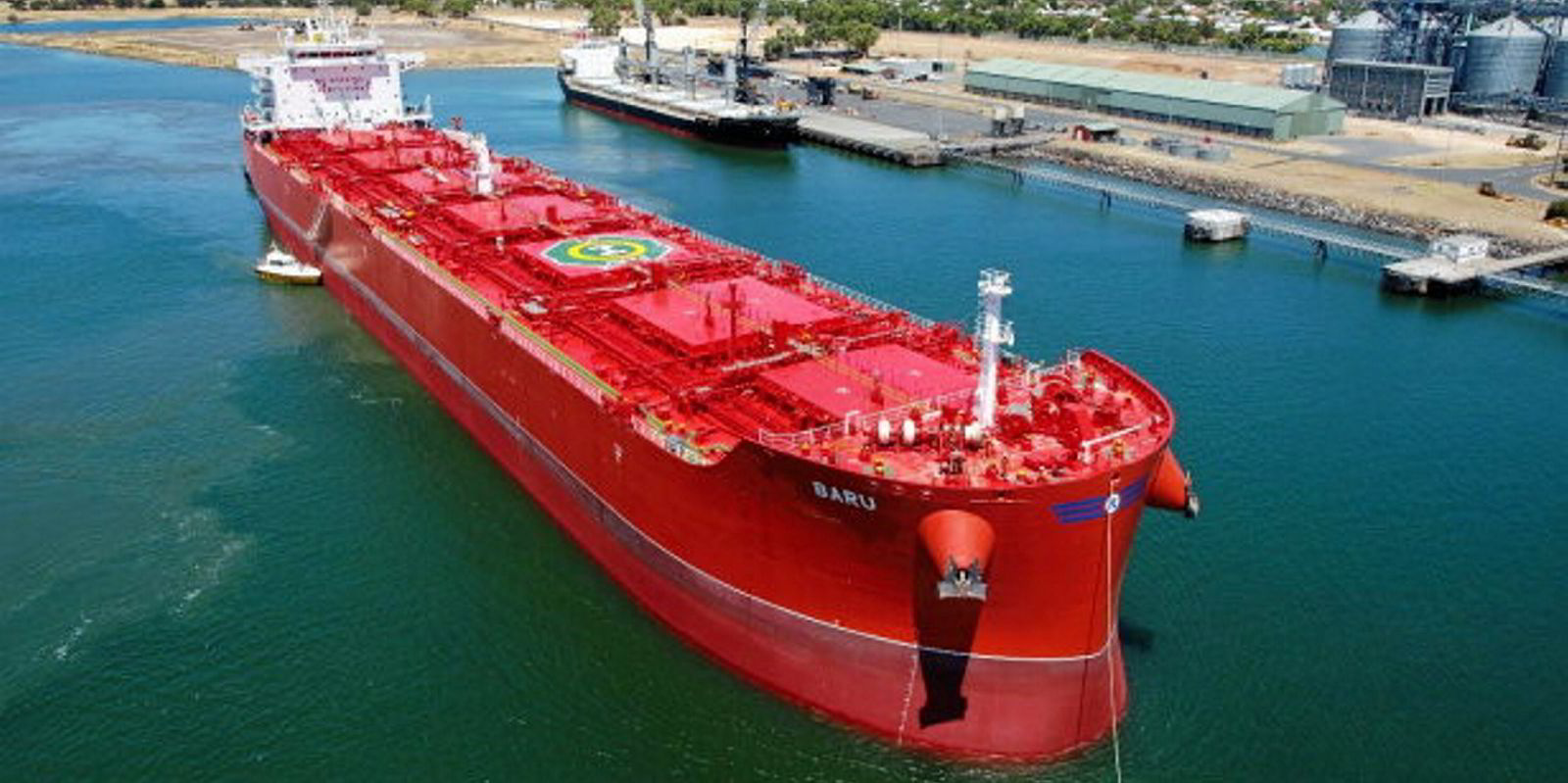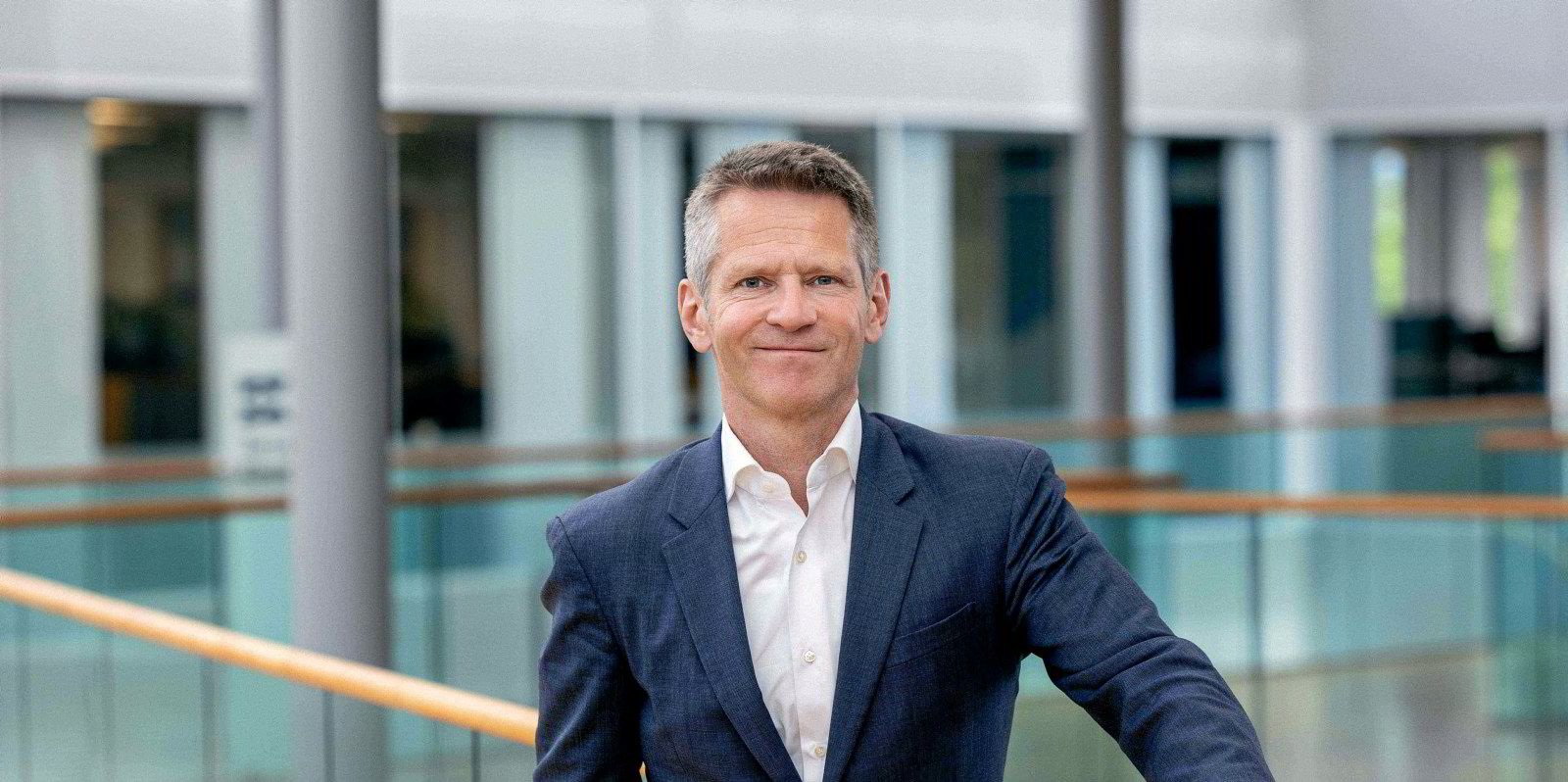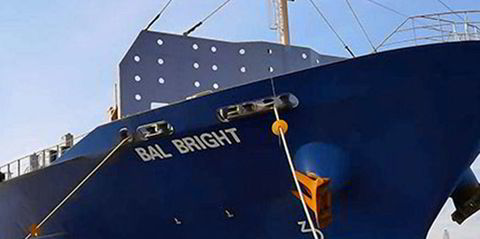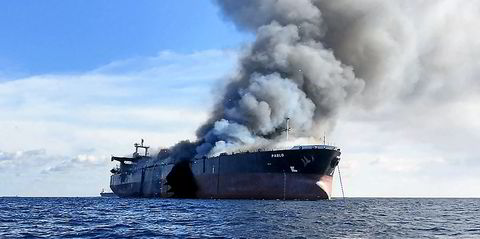Norway’s Klaveness Combination Carriers (KCC) has revealed a mixed picture for its fleet during the second quarter.
Earnings for its Cabu ships that carry dry bulk and caustic soda gained ground, but the Cleanbus, which handle dry bulk and oil products, experienced a big drop to 30 June.
Preliminary time charter equivalent figures for the Cabus were $34,502 per day, up $3,000 from the first quarter, mainly due to higher caustic soda shipment volumes.
The Cleanbu carriers managed $29,482 per day, but this was down by $16,400, driven by lower capacity in tanker trades, down from 91% to 57% quarter on quarter.
This was attributed largely to normal quarterly variations in the vessels’ geographical positions and unpaid waiting time between voyages, as well as a seasonally weaker product tanker market in early summer.
The company had previously guided for Cleanbu rates of $31,500 to $33,500 per day.
The fleet average ended the quarter at $31,955 per day, about $750 below its guidance range, and down from $38,708 per day in the first three months.
“While the dry bulk market improved somewhat compared to the first quarter of 2023, both the Cabu and Cleanbu TCE earnings continue to have low contributions from dry bulk fixtures,” Oslo-listed KCC said.
Full second-quarter results and guidance for the third period will come on 24 August.
On Tuesday, chief executive Engebret Dahm told TradeWinds the company is disappointed by climate change resolutions made last week by the International Maritime Organization.
“After years of discussion, the strategy leaves a lack of confidence in the ability of IMO to drive the decarbonisation of shipping to align with the Paris Agreement,” he said.
He found it especially discouraging that the IMO did not make a decision on implementing a global carbon tax based on vessels’ actual emissions.





